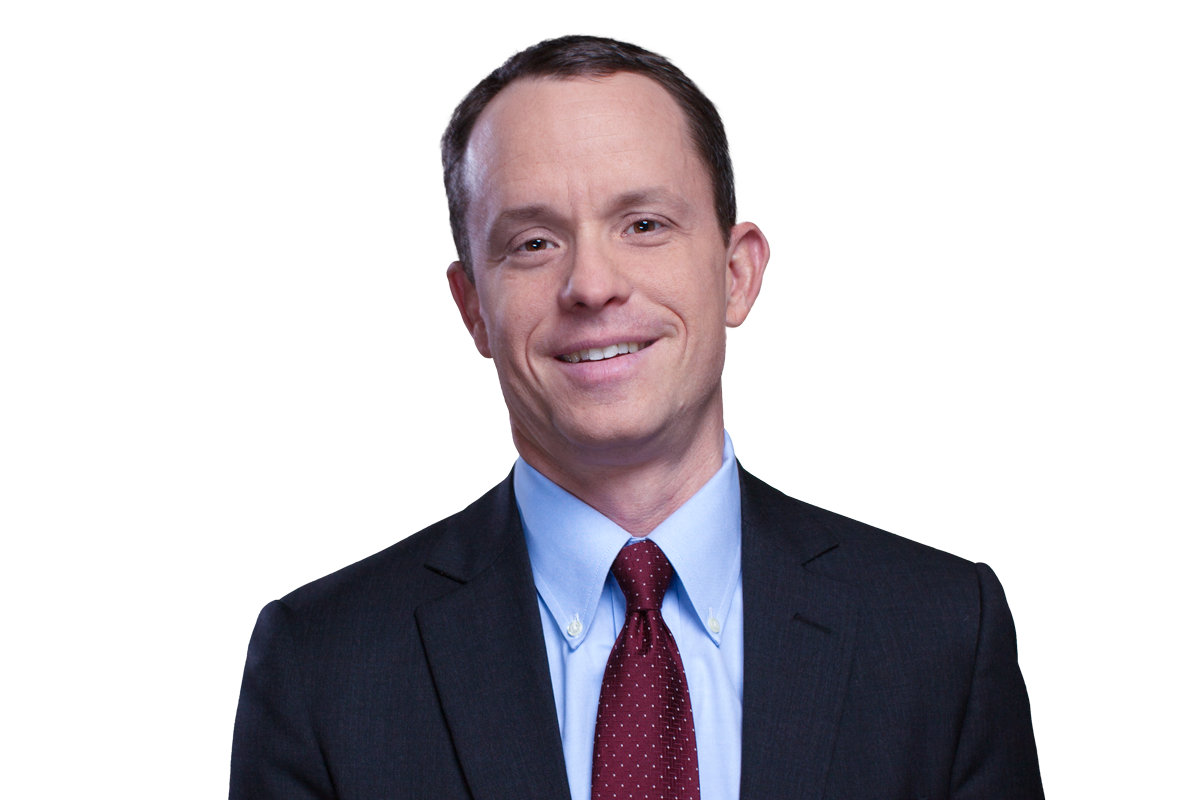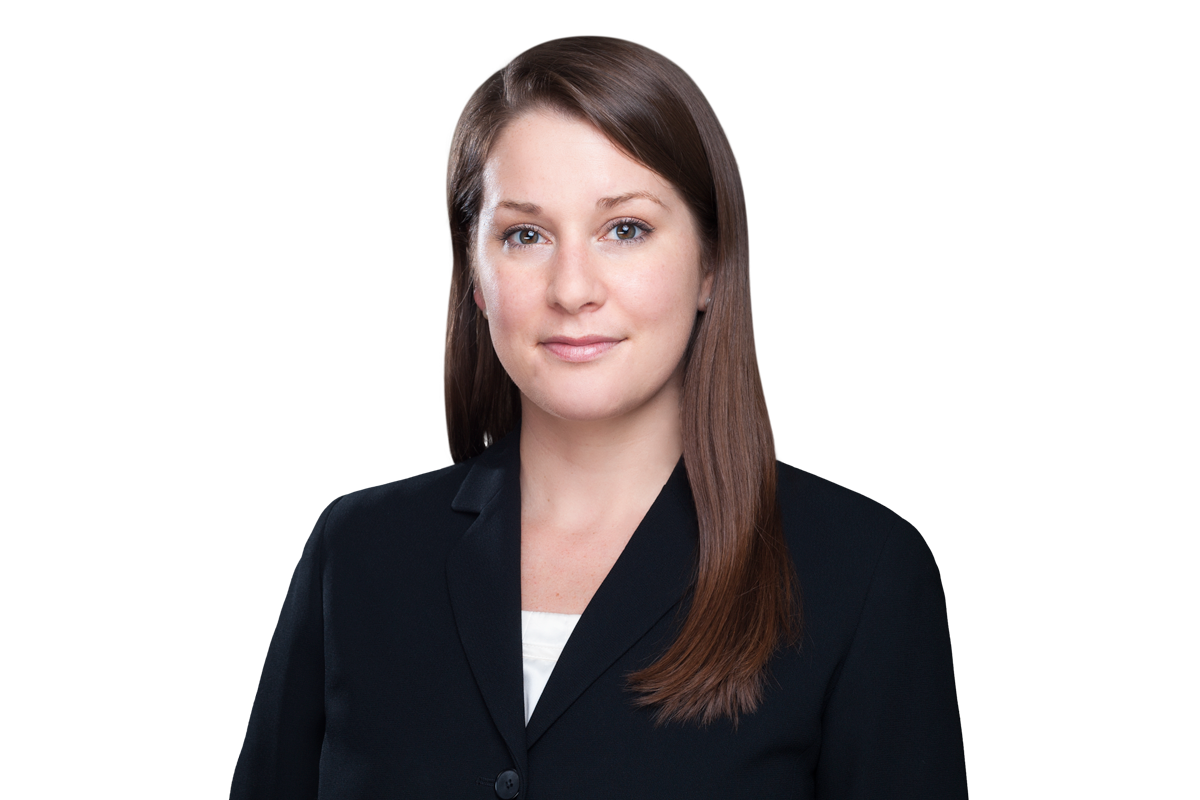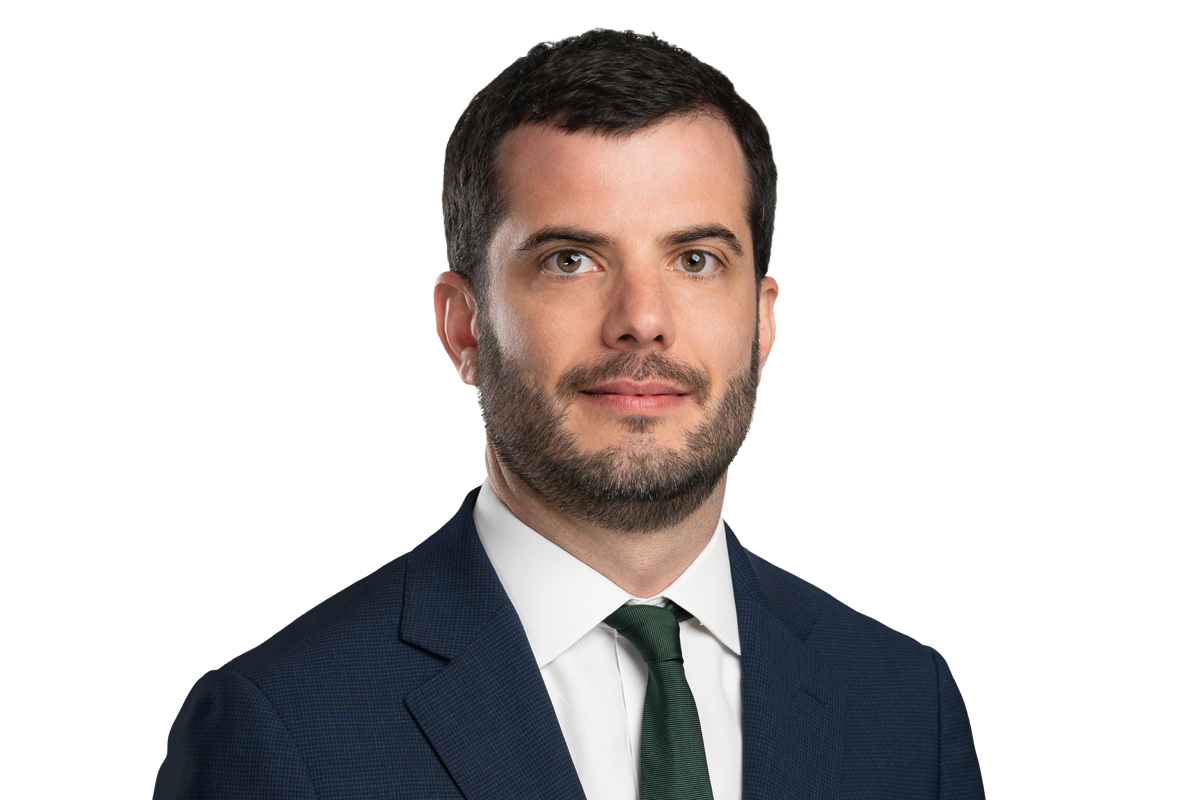| Cornerstone Research has extensive experience in handling Commodity Exchange Act (CEA) disputes, enforcement, and commercial litigation. Our team delivers rigorous economic analysis and expert testimony to support clients in regulatory investigations, enforcement actions, and litigation. Through close collaboration with clients, including outside counsel, government agencies, and in-house counsel, we develop targeted economic arguments and strategies that address our client’s unique needs, whether in regulatory proceedings, civil or criminal litigation, or internal investigations. | CEA disputes typically involve complex issues related to the trading and regulation of commodities and financial derivatives such as futures, options, or swaps. Our seasoned staff and experts bring expertise in commodity futures trading. We are adept at navigating matters with allegations of market manipulation, price fixing, fraud, insider trading, breach of contract, or violations of trading rules. We provide detailed economic analysis to assess market behavior, trading patterns, pricing trends, and the economic impact of alleged misconduct, ensuring our clients receive expert support in their regulatory or litigation needs. |
Our experience includes:
- Investigating allegations of market manipulation, false reporting, and price manipulation in commodities with related physically settled futures markets. This includes assessing allegations of corners, squeezes, and market power.
- Applying our extensive experience in the delivery procedures on physically delivered futures contracts involving shipping certificates and warehouse receipts.
- Analyzing alleged spoofing and other disruptive trading activities.
- Examining front-running allegations and pre-hedging practices.
- Evaluating alleged benchmark manipulations, banging the close, and other manipulations of settlement indices.
- Analyzing alleged misreporting of trade information and its potential price impact.
- Evaluating trading and hedging strategies.
- Working on alleged market power, collusion, and other antitrust investigations and litigation related to various commodities and futures markets.
- Working on matters involving crude oil, natural gas, electric power, refined petroleum products, ethanol, cattle, poultry, hogs, dairy, wheat, cotton, coffee, oilseeds, and metals, among others.
- Preparing summary materials and presentations to regulators at the Commodity Futures Trading Commission (CFTC), to Self-Regulatory Organizations (SROs) such as the National Futures Association (NFA), and to futures exchanges such as the CME Group and ICE Futures U.S.
- Assessing swap agreements as part of an International Swaps and Derivatives Association (ISDA) dispute.
- Conducting derivative valuation techniques for futures, options, and swaps.
- Working with multinational commodity merchandisers, trading platforms, and intermediaries.
Featured Experts
Featured Experts
Terrence Hendershott
Professor and Willis H. Booth Chair in Banking and Finance,
Haas School of Business,
University of California, Berkeley
Terrence “Terry” Hendershott is a recognized authority on financial markets, with expertise in trading, market microstructure, and market manipulation. Professor Hendershott has analyzed trading-related and market design issues in both traditional and crypto markets. He also has deep experience in securities matters. In multiple matters, Professor Hendershott has addressed class certification issues, achieving favorable outcomes for clients where the proposed class was ultimately not certified. In addition, he has addressed loss causation and damages issues, including market efficiency and price impact analyses.
Professor Hendershott’s academic research focuses on financial market design, structure, competition, and how the activities of market participants affect price discovery and liquidity. He is an expert on a range of financial instruments trading both on exchanges and over the counter (OTC).
Professor Hendershott has extensive testifying experience in depositions, arbitrations, and trials. His expertise encompasses U.S. and international financial markets, including equities, exchange-traded funds (ETFs), corporate and government debt, commodities, crypto tokens and stablecoins, foreign exchange (FX), futures, and other products.
In market microstructure matters, Professor Hendershott has testified on a range of issues, including claims related to “last-look” practices, market manipulation and disruptive trading, high-frequency trading (HFT) and algorithmic trading, trading execution, trading orders and price impact, intellectual property issues related to trade secrets and patents, and financial market design, as well as market efficiency and price discovery. He also testified in the first insider trading claim litigated to trial in the Delaware Chancery Court, in which the Chancellor found for the defendant.
In his academic research, Professor Hendershott examines the design, regulation, and structure of stock exchanges, electronic communications networks, and over-the-counter markets. He has analyzed how different market participants, such as market makers, algorithmic and high-frequency traders, and institutional investors, affect price discovery and liquidity. In that context, he has also analyzed the interplay of and competition between electronic and traditional markets, as well as the role of information technology.
Professor Hendershott has received numerous honors for his research. These include the Michael J. Brennan Award for the best paper published in the Review of Financial Studies; the New York Stock Exchange best paper on equity trading, awarded by the Western Finance Association; the Outstanding Publication Award from the Financial Review; and the NASDAQ Award for the best paper on market microstructure, awarded by the Financial Management Association International. He has served as an associate editor for the Journal of Finance, Journal of Financial Economics, Management Science, Journal of Financial Markets, and Information Systems Research.
At Berkeley Haas, Professor Hendershott has taught courses in high-frequency finance, business analytics, and operations management, among others. Since 2020, he has been the faculty director of the Master of Financial Engineering Program.
Professor Hendershott chaired the NASDAQ Economic Advisory Board and the University of California Retirement System Advisory Board and was a visiting economist at the NYSE.
Featured Experts
James A. Overdahl
Former Chief Economist,
Former Director, Office of Economic Analysis,
Securities and Exchange Commission;
Former Chief Economist,
Commodity Futures Trading Commission
James Overdahl is an authority on financial and commodities markets, financial regulation, and securities. His areas of expertise include exchange-traded futures and options, over-the-counter (OTC) derivatives, algorithmic trading, risk management, and short selling.
Dr. Overdahl also provides specialized expertise in markets for event contracts (including markets for prediction contracts, proposition contracts, and sporting event contracts). In litigation contexts, he assesses the market structure for the trading of these contracts and also evaluates such related issues as alleged insider trading, susceptibility to price or volume manipulation claims, determination of regulatory jurisdictional boundaries, and overall market quality.
Expert testimony in complex financial litigation
Dr. Overdahl has testified in complex litigation, including matters involving alleged insider trading, market manipulation, and false reporting. He has analyzed class certification, loss causation, and damages in numerous class actions. In addition, Dr. Overdahl has significant experience assessing price and volume integrity issues in the context of cryptocurrency exchanges.
On behalf of the CME Group, Dr. Overdahl provided expert testimony and was deposed in Langer et al. v. CME Group Inc., in which the jury found for the defendant. He filed an amici curiae brief in American Securities Association et al. v. U.S. Securities and Exchange Commission et al., which analyzed the Securities and Exchange Commission (SEC) rule on audit trail funding. In addition, Dr. Overdahl filed an amicus brief on behalf of petitioners in a Fifth Circuit case, in which the court held that the SEC did not consider the cumulative economic impact of their short-selling rules.
Chief Economist experience at the SEC and CFTC
For more than four decades, Dr. Overdahl served at U.S. regulatory agencies, including the SEC, the Commodity Futures Trading Commission (CFTC), and the Office of the Comptroller of the Currency (OCC).
As chief economist and director of the Office of Economic Analysis at the SEC, Dr. Overdahl oversaw the Commission’s economic analysis in all areas of policy, rulemaking, and enforcement. He advised on policy and rulemaking related to credit default swaps (CDS) and other OTC derivatives, OTC clearing, algorithmic trading, and securities lending.
While serving as the CFTC’s Chief Economist, Dr. Overdahl advised the Commission on policy matters related to exchange-traded futures and options, OTC derivatives, the operation of commodity markets (including agricultural commodities), risk management and hedging, new products and markets, algorithmic trading, position limits, clearing, commodity index investing, hedge funds, and error trade policies. He also advised on enforcement matters involving alleged commodity price manipulation.
Dr. Overdahl has testified before Congress on behalf of the SEC and CFTC. Since leaving government service, he has worked as a consulting expert and appeared before the staff of these agencies on numerous matters.
Academic thought leadership and industry insight
Widely published, Dr. Overdahl has contributed articles to leading economics and finance journals, including the Journal of Business, the Journal of Law and Economics, and the Journal of Financial and Quantitative Analysis. He has coedited and coauthored four books in multiple editions, including Understanding Futures Markets.
Dr. Overdahl has served as an adjunct professor of finance at George Washington University, the University of Maryland, Johns Hopkins University, Georgetown University, Virginia Tech, and George Mason University.




